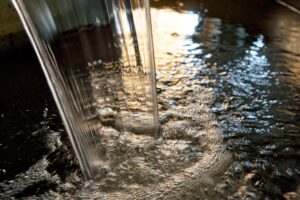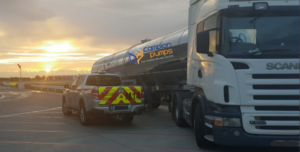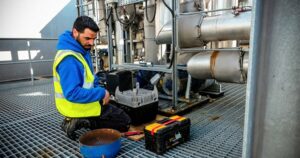Water is an essential resource that sustains life and enables countless personal, commercial, and industrial daily activities. However, in recent years we have faced water-related emergencies that reaffirm the need for a well-planned and effective emergency water response. The lack of preparedness of businesses and industries during water-related disruptions can harm companies, and dramatically affect customers too.
In 2022, at least 15 areas in different counties were impacted by water shortages amid requests from Uisce Éireann (formerly Irish Water) to conserve supplies between mid-July and August. And in June of this year, due to the weeks of warm, dry weather, Uisce Éireann communicated that some areas of the country were experiencing drought conditions with water shortages where a reduction in supply was possible. This blog will explore essential strategies for countering such threats and ensuring a swift and efficient response.
5 Key Strategies for Emergency Water Response
1. Assess the Risks
Analysing the dangers particular to your location or business is critical before building an emergency water response plan. Consider probable water-related events, such as natural disasters or infrastructure failures. Assess the vulnerability of water systems and the possible impact on business operations. It’s also helpful to research past seasonal trends and their impact to get a better idea of what weather to expect.
2. Develop a Comprehensive Emergency Water Response Plan
A comprehensive emergency water response plan serves as a blueprint for action during a crisis. Establish clear objectives and goals for the response, such as ensuring uninterrupted water supply and minimising damage. Create a dedicated response team comprising individuals with relevant expertise and responsibilities.
Collaboration with stakeholders, such as local authorities and water utilities, will also be crucial. Ensure you have a reliable and experienced water provider to support you when needed.
3. Implement Proactive Measures
Prevention is vital and will help you to identify potential issues. Regular maintenance and inspection of water systems allow your business to respond quickly to any issue before it escalates into an emergency. Here are some proactive measures your business can take:
- Implement early warning systems: Early warning systems are essential to detect anomalies in water quality or supply.
- Conduct training and drills: Training and drills are crucial in preparing response team members so they are familiar with the emergency plan.
- Enhance communication and coordination among stakeholders: Communication is key when dealing with water emergencies. Establish protocols for decision-making and information sharing.
4. Swift Response and Damage Control
When a water-related emergency occurs, a swift and well-coordinated response is pivotal. But that will only happen if you have established clear protocols and procedures for activating the emergency response plan. Again, working with a reliable provider can be a determining factor to mobilise resources effectively, including personnel, equipment, and supplies.
Related Case Study: How Campion’s Innovative Contingency Pumping Solution Maintained Flow on the River Lee
5. Post-Response Evaluation
A post-response evaluation works as a retrospective that will allow you to assess how effective and efficient your plan was and identify areas for improvement or necessary updates in your emergency water response plan. Continually strive to enhance the emergency response capabilities and resilience of water systems.
Water Tankers: The Lifeline of Emergency Water Response
The importance of water tankers in delivering rapid assistance and sustaining businesses during water emergencies cannot be overstated. These mobile units serve as lifelines, assuring a steady supply of clean water. Their effectiveness and adaptability make them vital to emergency response methods worldwide.
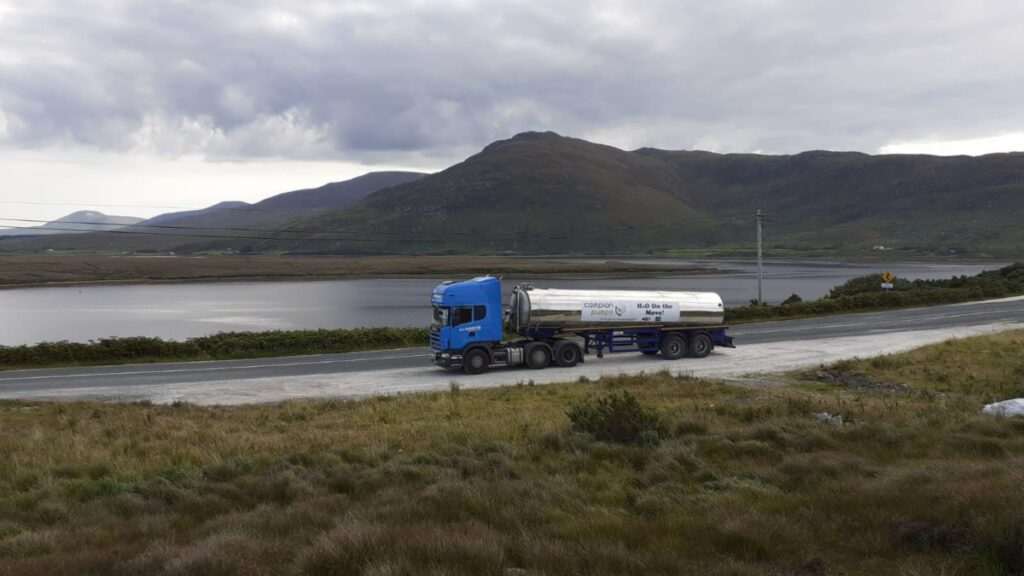
The crucial role of water tankers resides not only in their transporting capabilities but also in their capacity to deliver water effectively. They are provided with cutting-edge pumping systems that allow for the regulated and precise distribution of water to affected areas. This guarantees that water reaches those in need promptly and optimally.
Due to their large storage capacities, water tankers help bridge the gap during the critical initial phase of a water crisis. And, until permanent water supply systems can be restored, they can provide temporary relief, serving as storage reservoirs.
Safeguard Your Business from Water Emergencies
Working with a reliable, responsive provider can be a determining factor in water emergencies. Campion is an experienced water and wastewater pumping solutions provider, lead distributor in Ireland, and trusted by major industry brands. Our end-to-end, bespoke solutions ensure businesses can minimise the impact of water shortages, droughts, and other water emergencies.
We maintain event management plans and procedures to effectively manage severe weather, including dry weather conditions that can lead to water scarcity. In conjunction with MET Eireann, Campion closely monitors seasonal weather conditions, trend weather patterns, and available water resources at any given time, managing water availability within each of our operational areas.
We have central locations in Dublin and Tipperary and a large stock of pumping equipment and controls. This means that with our Emergency Response unit ─ equipped with pallets of bottled water, IBCs, and water tanks, and our fleet of water tankers, we can reach customers promptly, ensuring a swift response in an emergency.
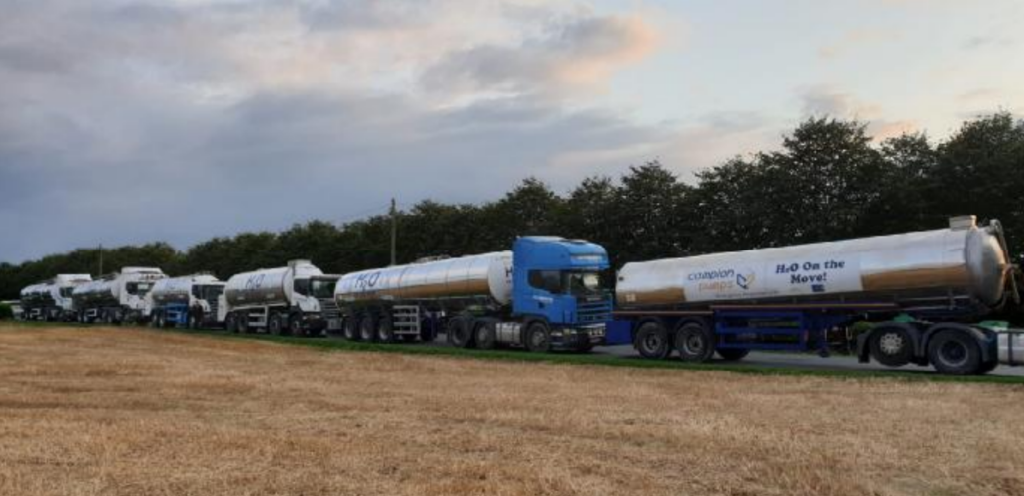
Talk to the Water Solutions Specialists
Do you have an emergency response plan you want to discuss with Campion? Talk to our water solutions specialists today.



